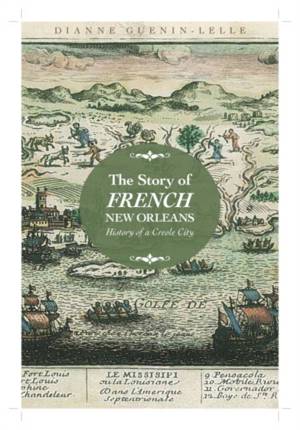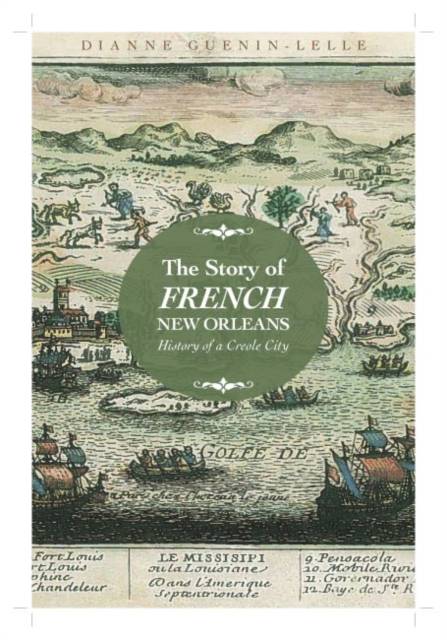
- Retrait gratuit dans votre magasin Club
- 7.000.000 titres dans notre catalogue
- Payer en toute sécurité
- Toujours un magasin près de chez vous
- Retrait gratuit dans votre magasin Club
- 7.000.0000 titres dans notre catalogue
- Payer en toute sécurité
- Toujours un magasin près de chez vous
186,95 €
+ 373 points
Format
Description
What is it about the city of New Orleans History, location, and culture, continue to link it to France while distancing it culturally and symbolically from the United States. This book explores the traces of French language, history, and artistic expression that have been present there over the last three hundred years. This volume focuses on the French, Spanish, and American colonial periods to understand the imprint that French socio-cultural dynamic left on the Crescent City. The migration of Acadians to New Orleans at the time the city became a Spanish dominion and the arrival of Haitian refugees when the city became an American territory oddly reinforced its Francophone identity. However, in the process of establishing itself as an urban space in the antebellum south, the culture of New Orleans became a liability for New Orleans elite after the Louisiana Purchase. New Orleans and the Caribbean share numerous historical, cultural, and linguistic connections. The book analyzes these connections and the shared process of creolization occurring in New Orleans and throughout the Caribbean Basin. It suggests "French" New Orleans might be understood as a trope for unscripted "original" Creole social and cultural elements. Since being Creole came to connote African descent, the study suggests that an association with France in the minds of whites allowed for a less racially-bound and contested social order within the United States. Dianne Guenin-Lelle, Albion, Michigan, received her PhD in French literature from Louisiana State University and is a professor of French at Albion College. She is the coauthor, with Ronney Mourad, of Prison Narratives of Jeanne Guyon and Jeanne Guyon: Selected Writings. Her work has appeared in such journals as Louisiana History and the French Review.
Spécifications
Parties prenantes
- Auteur(s) :
- Editeur:
Contenu
- Nombre de pages :
- 216
- Langue:
- Anglais
Caractéristiques
- EAN:
- 9781496804860
- Date de parution :
- 01-01-16
- Format:
- Livre relié
- Format numérique:
- Genaaid
- Dimensions :
- 152 mm x 229 mm
- Poids :
- 489 g

Les avis
Nous publions uniquement les avis qui respectent les conditions requises. Consultez nos conditions pour les avis.






